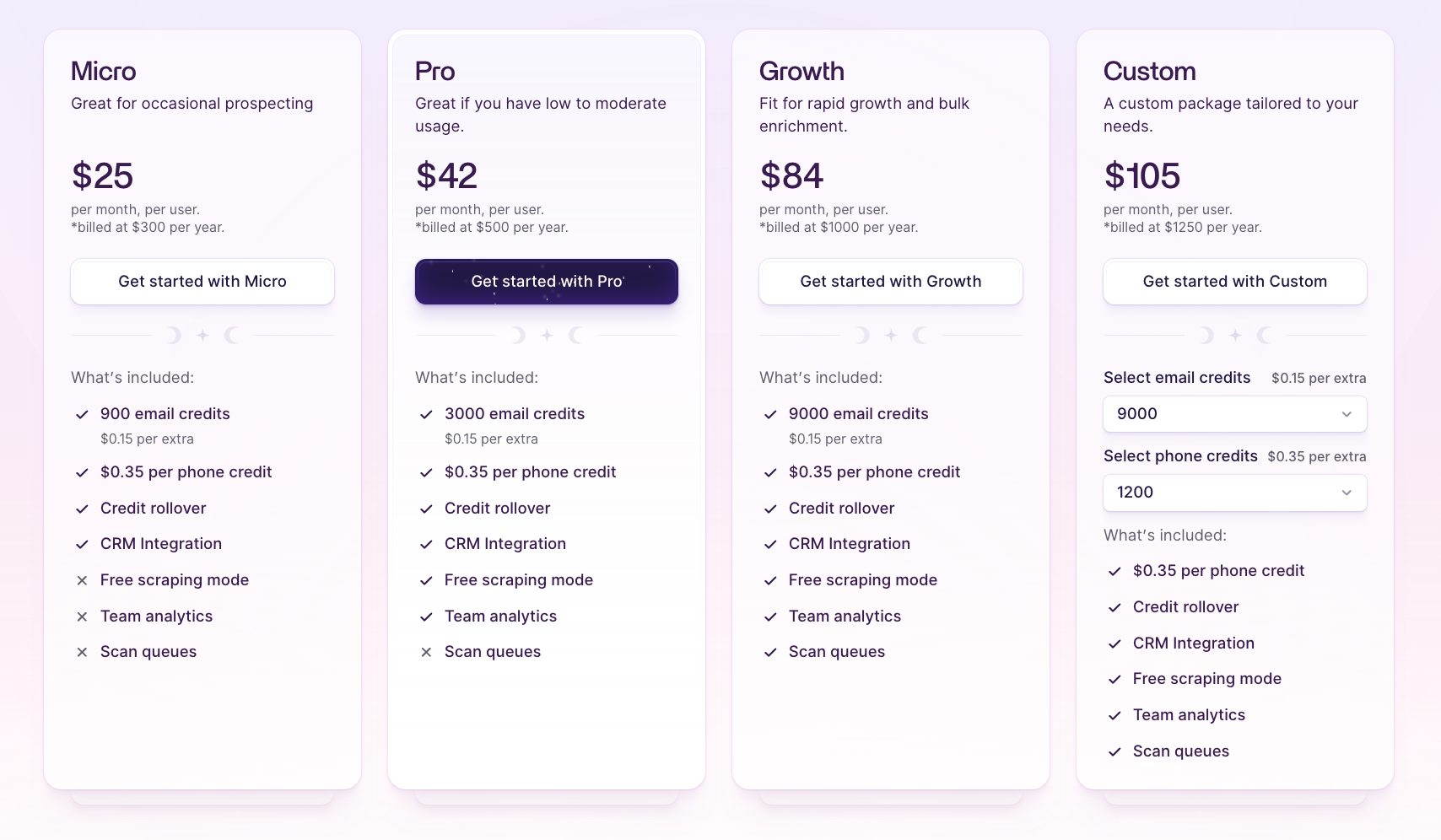Recognizing the Function of a Reputable Database Service Provider in Modern Businesses
In today's data-centric landscape, the selection of a dependable data source carrier is critical for businesses intending to utilize their data efficiently. A skilled service provider not only helps with effective data management and accessibility however also makes certain durable safety and security and compliance, which are critical for keeping customer count on.
Significance of Information Administration
In today's data-driven landscape, services should recognize the vital relevance of effective data administration to remain competitive. Durable information monitoring methods make it possible for organizations to gather, shop, and assess vast quantities of information, changing raw data into workable understandings. This process not just improves decision-making however likewise drives operational performance and fosters innovation.
Efficient information management is vital for making certain information stability, safety, and conformity with laws. As organizations progressively depend on data to inform methods, the dangers connected with information violations or inaccuracies come to be a lot more noticable. Implementing extensive data governance structures can minimize these risks by establishing clear methods for information taking care of and keeping data quality.

Inevitably, prioritizing data management not just boosts operational performance but also settings organizations to harness the full capacity of their information properties, driving continual development and affordable advantage in a progressively complicated industry.
Picking the Right Service Provider
Selecting a dependable data source service provider is important for businesses intending to enhance their information administration strategies, particularly as the quantity and intricacy of data continue to enhance. The right service provider can dramatically affect functional performance, data ease of access, and total organization efficiency.
When choosing a data source service provider, services ought to first assess their specific data demands, including the types of data they take care of, expected growth, and performance needs. It is vital to take into consideration scalability, as a carrier that can suit future growth will save services from the difficulties of migrating to a new system later.
In addition, evaluating the service provider's modern technology stack and compatibility with existing systems is important. Organizations should search for carriers that supply adaptable deployment options, whether on-premises, cloud-based, or hybrid options, to align with their operational choices.
A receptive supplier can help mitigate downtime and make sure that information administration processes run efficiently. By very carefully taking into consideration these aspects, companies can pick a database carrier that satisfies their special requirements and promotes long-lasting success.

Security and Conformity Considerations
Data protection and conformity are critical problems for organizations depending on data source carriers. As companies increasingly handle delicate data, the risk of violations and governing penalties intensifies. A dependable database provider should carry out durable safety and security actions, including file encryption, gain access to controls, and normal protection audits. These layers of security safeguard data versus unauthorized access and prospective cyber risks. database provider.
Conformity with international and neighborhood guidelines, such as GDPR and HIPAA, is another vital consideration. A reputable data source service provider should demonstrate a detailed understanding of these laws and offer solutions developed to meet compliance needs. This includes providing detailed documentation, facilitating audits, and guaranteeing the capability to react properly to data subject requests.

Eventually, picking a database provider that focuses on safety and security and conformity not just minimizes risks but likewise reinforces trust with customers and stakeholders, cultivating a resilient business setting. This dedication to safety and security is vital for preserving an one-upmanship in today's data-driven economic situation.
Enhancing Organization Knowledge
Business intelligence (BI) works as an essential component for companies seeking to utilize information for notified decision-making. A reliable data source provider plays a vital function in improving BI by ensuring information is available, precise, and timely. Top notch data sources promote the combination of inconsonant information sources, enabling organizations to consolidate details from numerous divisions and systems. This unified information method allows for detailed analysis, bring about actionable insights.
In addition, a robust database system sustains advanced logical devices that help in information visualization and coverage. By using real-time data processing, organizations can keep an eye on vital performance indications (KPIs) and adapt strategies swiftly in response to market characteristics. A trustworthy database provider makes certain that data continues to be regular and complimentary from corruption, which is crucial for dependable BI results.
Additionally, data source options equipped with artificial intelligence capacities can discover surprise patterns and fads within information, enhancing predictive analytics. This empowers organizations to expect client demands, optimize procedures, and drive technology. In recap, the partnership with a trusted data source service provider is vital for enhancing service intelligence, inevitably leading to boosted decision-making and strategic development.
Future Trends in Data Source Solutions
The landscape of database services is rapidly progressing, driven by developments in modern technology and transforming business needs. database provider. One of the most significant patterns is the shift towards cloud-based databases, which supply scalability and versatility, making it possible for organizations to manage vast quantities of information without helpful hints the requirement for comprehensive on-premises framework. This change is better enhanced by the increase of serverless computer, allowing organizations to optimize costs by only spending for the resources they consume
Additionally, the assimilation of expert system (AI) and artificial intelligence (ML) into data source monitoring systems is transforming exactly how information is processed, examined, and made use of. These technologies promote anticipating analytics, automating intricate tasks and enabling real-time insights that drive calculated decision-making.
One more emerging trend is the boosted focus on information personal privacy and conformity, engaging data source companies to carry out robust safety steps and adhere to guidelines such as GDPR and CCPA. Ultimately, the development of multi-model data sources is obtaining traction, as organizations go to the website seek to combine numerous data types right into a single, natural system, boosting interoperability and simplifying data administration. As these patterns unravel, companies need to continue to be active, adjusting their database approaches to leverage these innovations efficiently.
Conclusion
Finally, a reliable data source supplier is crucial for modern services, helping with effective information management, improving security, and guaranteeing conformity with regulations. The choice of an appropriate carrier straight impacts operational efficiency and the capacity to obtain actionable understandings. As organizations significantly count on data-driven decision-making, the relevance of durable database options will continue to grow. Staying abreast of future trends in database technology will certainly better equip organizations to navigate the intricacies of the advancing digital landscape.
Robust information management practices enable companies to gather, store, and evaluate large amounts of info, transforming raw information right into workable insights.Effective data management is necessary for making certain data integrity, safety, and compliance with guidelines. Implementing thorough data governance frameworks can alleviate these dangers by establishing clear protocols for data dealing with and maintaining data high quality.
As businesses grow, their data requirements develop, requiring adaptable systems that can suit boosting volumes and varieties of data. The development of multi-model data sources is obtaining grip, as organizations look for to settle various data kinds into a single, natural system, improving interoperability and streamlining information monitoring.